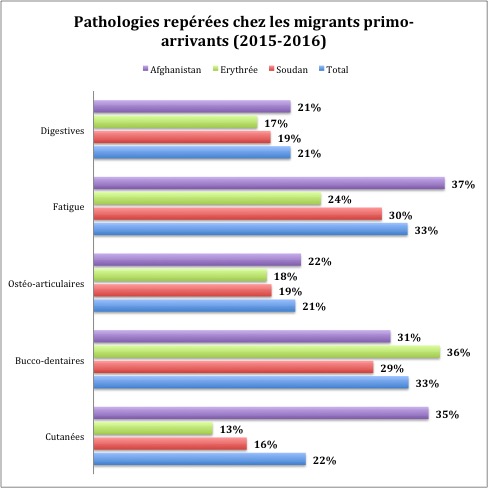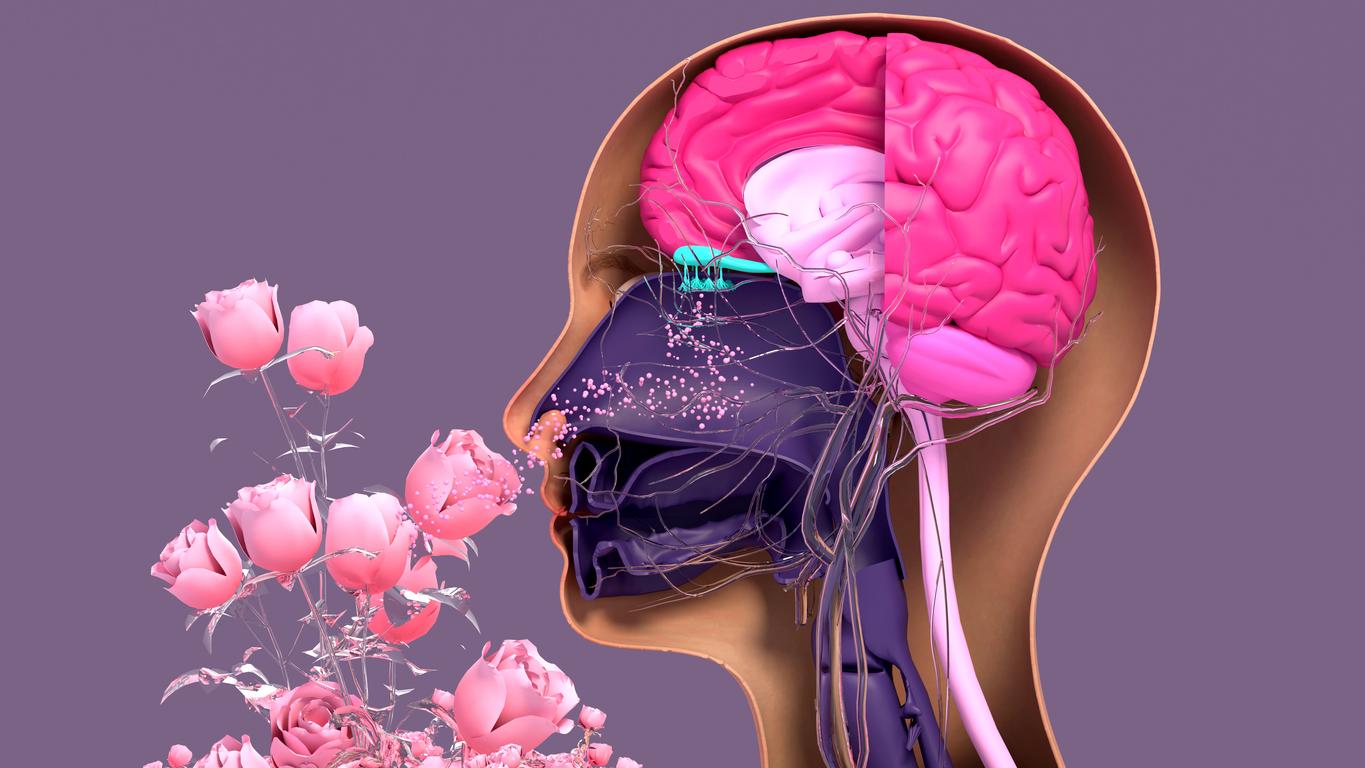Undernourishment, mental disorders… Migrants settled in France live in precarious conditions. Their state of health suffers.

Contrary to popular belief, migrants do not bring infectious diseases with them. Most of them do suffer from a health problem. But respiratory, metabolic or digestive pathologies clearly dominate the picture.
In the latest issue of Weekly Epidemiological Bulletin (BEH), Public Health France puts the church back in the middle of the village, and delivers a precise assessment of the state of health of the migrants, upon their arrival in the country. It contradicts many prejudices about these precarious populations.
Due to the migratory journey, immigrants do not settle in France in an optimal state of health. Three quarters of them have suffered from a pathology in the past six months. One in six even complains of at least one chronic disorder.
Rare infectious diseases
These testimonies were obtained during the evacuations of 16 makeshift camps in the Paris region, which resulted in the displacement of 5,000 people, mostly from Sudan, Afghanistan and Eritrea. Among the 700 migrants questioned on this occasion, the disorders most often reported are fatigue and oral damage.
“While the living conditions in the countryside could have led to fear, no episode of epidemic of enteric infectious disease has occurred”, decide the authors of this article. They salute the effectiveness of the interventions of the State and the associations on the spot, which have opened up access to drinking water as well as to showers.
In fact, scabies remains marginal and only dominates in the Calais (Pas-de-Calais) and Grande-Synthe (Pas-de-Calais) camps. In these two areas, less than 0.1% of TB cases were reported. Something to reassure the most worried.

Migrant malaise
Although most of these people say they are in good health, the facts describe another reality. 6% of migrants are underweight. Twice as many have capillary blood glucose levels that are too high. The living conditions explain this well.
82% of people questioned had lived in a makeshift camp before being housed in a more permanent way. “The impact on health of these social situations is very important, both somatically and psychologically, marked by the high frequency of health problems and the renunciation of care”, underlines in an editorial François Bourdillon, director general of Public Health France .
In fact, it is undoubtedly in terms of mental health that the assessment is the most worrying. Half of the men surveyed admit to suffering from a mental disorder. Dark thoughts, crying spells and irritability are frequently found in interviews.
The renunciation of care
It must be said that at the end of an often difficult crossing, immigrants find themselves in an extremely precarious situation. To which is added a heavy past. 30% of migrants who went to a healthcare access point experienced violence or war in their country of origin. Torture dominates the testimonies.
But this discomfort is rarely cured. 12% of the migrants questioned have given up treatment, in particular because they have no health cover. Not surprisingly, psychiatric care is denied in many cases.
If the nursing assessments and the information on the right to social coverage have partly lifted the brakes, the financial precariousness and the lack of social ties continue to weigh heavily in the renunciation of care. Because 47% of migrants do not have an income… and two thirds of them express a feeling of loneliness.
.

















